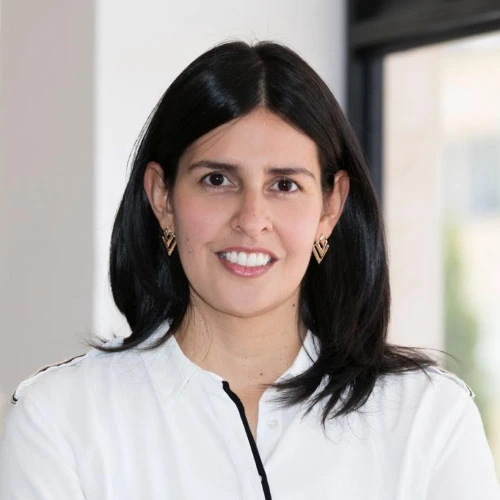Ensuring that a user-centric approach remains at the core of spectrum management will be the key goals of this year’s DSA Summit, Dynamic Spectrum Alliance (DSA) President Dr. Martha Suarez announced today.
September 3, 2024
Announcing the full agenda for the event, which takes place on September 23, 2024, Dr. Suarez confirmed a number of regulators and delegates from around the world will present on the key areas of spectrum management. These will include the economic value of the 6 GHz band, innovative approaches and applications, and a look towards Artificial Intelligence (AI) and the future of the industry.
“We are delighted to announce the agenda for the upcoming DSA Summit,” said DSA President Dr. Martha Suarez. “Attendees will be able to hear from a fantastic assortment of experts arriving from the length and breadth of the spectrum community on the critical issues and successes they’ve encountered over the past year.”

Following an opening keynote from Dr. Suarez and Joanne Wilson (International Telecommunication Union), the Summit kicks off with a discussion on the economic contribution of licence-exempt spectrum by Raul Katz (Telecom Advisory Services). This session will examine the value of the 6 GHz band, and the ways its value can be maximised while incentivising investments.
The event will then cover the topic of ‘spectrum management with a user-centric approach’ from both the end user and enterprise/industry user perspectives. Session one – which focuses on ‘end users’ – will include Phillipe Defraigne (Cullen International), Tassos Lyratzis (EETT), and Bernadette Lewis (Commonwealth Telecommunications Organization). Each speaker will cover the evolving landscape of spectrum management, looking at the way users are accessing the internet, the frameworks and dynamic access that ensure users benefit from meaningful, high-speed connectivity, user expectations in terms of broadband access, and the role of different technologies to address these requirements.
Session two, led by Dave Willis (Ofcom), focuses on the approaches and applications that empower enterprises and verticals, highlighting the increasing importance of spectrum sharing and dynamic access in meeting connectivity requirements. Different sharing models and mechanisms will be evaluated – including cognitive radio technologies, licensed shared access and licence-exempt models, and hybrid frameworks – to see how innovative regulations can best ensure access by removing unnecessary barriers. The importance of the 3.8 – 4.2 GHz band for industrial applications such as high throughput data services and Internet of Things (IoT) will also be assessed during the presentation.
In the afternoon sessions, experts will turn their attention to topics surrounding AI, looking at its role in spectrum management and the future of broadband connectivity. A panel including Bharat Bhatia (World Wireless Research Forum and IAFI), Masanori Kondo (Asia-Pacific Telecommunity), and Chris Woolford (Ofcom, CEPT), will then review the spectrum requirements for future networks, especially in relation to the Wi-Fi, and the candidate frequency bands currently under study for WRC-27.
Speakers including Omneya Issa (Innovation, Science and Economic Development Canada) and Olivia Trusty (Senate Armed Service Committee) will also explore how government and commercial spectrum sharing can create a strong value proposition for all. They will showcase how modern spectrum-sharing systems demonstrate the technological maturity to facilitate value for agencies while enabling access opportunities for commercial operators and a wide range of final users.
The final session of the event will then showcase the transformative potential of the 6 GHz band for sensing applications in healthcare, smart buildings and cities, security, alongside industrial automation. Participants will address the current technical challenges surrounding this topic, the regulatory solutions available, and the importance of coexistence with other wireless technologies.
The Dynamic Spectrum Alliance Global Summit will be held in person at the Hilton Geneva Hotel & Conference Centre in Geneva, Switzerland.
For more information on the role of Artificial Intelligence in the future of the telecommunications industry, see TKT1957’s own research at the link










